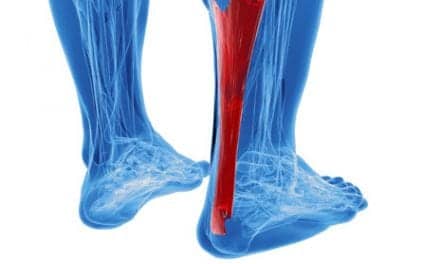According to a recent study, fidgeting may counteract the negative health effects from long periods of sitting.
In the study, published recently in the American Journal of Preventive Medicine, a team of researchers from the University of Leeds and University College London (UCL) examined data from the University of Leeds’ UK Women’s Cohort Study, which gathered information on a wide range of eating patterns of more than 35,000 women aged 35 to 69 who are living in the UK, according to a media release from the University of Leeds.
The research team sent a follow-up survey to the same women contacted in the Cohort Study. The survey included questions about health behaviors, chronic disease, physical activity levels, and fidgeting. More than 14,000 responses were received, the release explains.
Per the release, the researchers noted that an increased risk of mortality from sitting for long periods was found only in those who consider themselves very occasional fidgeters.
In addition, they found no increased risk of mortality from longer sitting times, compared to more active women, in those who considered themselves as moderately or very fidgety.
Janet Cade, a professor in the School of Food Science and Nutrition at the University of Leeds, and the study’s co-lead author, says in the release that, “While further research is needed, the findings raise questions about whether the negative associations with fidgeting, such as rudeness or lack of concentration, should persist if such simple movements are beneficial for our health.”
The study’s co-lead author, Dr Gareth Hagger-Johnson from UCL, who conducted the data analysis, states in the release that, “Our results support the suggestion that it’s best to avoid sitting still for long periods of time, and even fidgeting may offer enough of a break to make a difference.”
[Source(s): University of Leeds, Science Daily]





